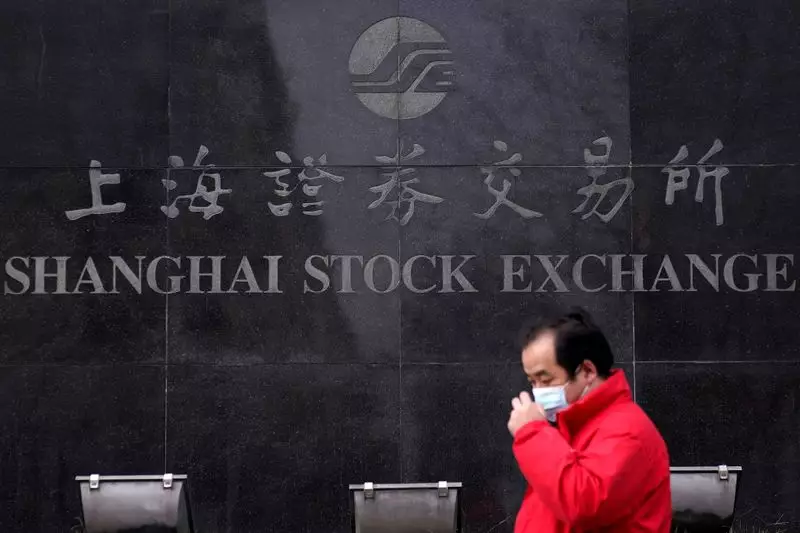The imposition of new trade tariffs by the Biden administration on China, particularly targeting the electric vehicle sector, has caused Chinese stocks to lag behind their Asian peers. The fear of increased tariffs on China’s massive battery and solar energy industries has raised concerns about the impact on the Chinese economy and the already fragile relations between the two major economies. Despite sitting on significant gains over the past three months, Chinese stocks are now facing uncertainties due to the looming trade tensions.
While Chinese stocks faced downward pressure, other regional markets in Asia took a positive lead from Wall Street. The expectation of interest rate cuts by the Federal Reserve following a bigger-than-expected increase in weekly unemployment claims contributed to the overall positive sentiment in the Asian markets. Countries like Japan, Australia, and South Korea saw gains in their respective stock indexes.
Hong Kong’s Hang Seng index emerged as the best performer among its Asian peers, rising despite losses in heavyweight mainland and EV stocks. Reports suggesting that China was considering exempting mainland investors from taxes on dividends earned from investing in Hong Kong stocks provided support for the market. This potential move aims to boost local equity markets in both Beijing and Hong Kong, which have been struggling in recent years.
While the overall sentiment in Asian markets was positive, there was a sense of caution ahead of the release of key U.S. inflation data the following week. The anticipation of interest rate cuts by the Federal Reserve in September kept the gains in check, as investors awaited crucial economic indicators to determine the future direction of the market. Countries like Japan saw a rise in their stock indexes, albeit limited by concerns about potential inflation.
Chinese stocks have been supported by Beijing’s continuous pace of stimulus measures to boost the economy. However, the looming threat of increased trade tariffs and souring relations with the U.S. have cast a shadow on the market’s recent stellar performance. Other countries in Asia, like Singapore, saw individual stocks rise on positive earnings reports, indicating isolated pockets of strength in an otherwise uncertain market environment.
The impact of U.S. trade tariffs and the anticipation of interest rate cuts have created a mixed outlook for Asian stocks. While some markets have benefited from positive cues from Wall Street and local developments, others have faced challenges due to geopolitical tensions and economic uncertainties. The coming weeks will be crucial in determining the direction of Asian markets as they navigate through a complex landscape of global trade dynamics and monetary policy decisions.

